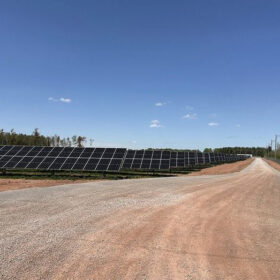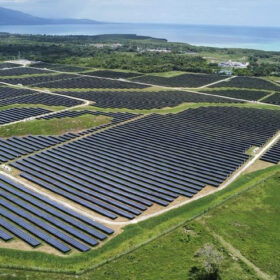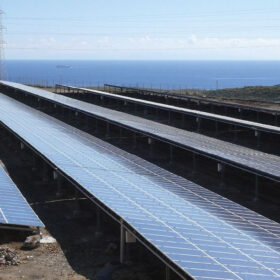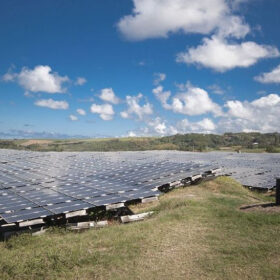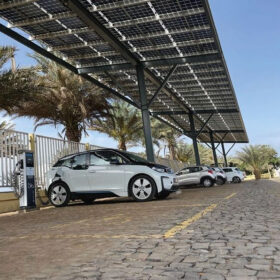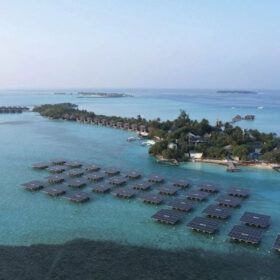Pathways to island potential
Islands could lead the energy transition with a little global support. James Elsmoor, founder and director of Island Innovation, explores the obstacles that islands face in moving away from fossil fuels.
Caribbean solar still a risky business
PV could make huge inroads into the Caribbean region’s fossil fuel-reliant energy mix but the risk of hurricanes and other extreme weather events means a solution must be found to prohibitive insurance premiums.
People power
Lack of space and an abundance of tourists means that deploying solar on Spain’s Balearic and Canary Islands is not easy. pv magazine spoke to dedicated renewables campaigners who persist, mobilizing communities to take the energy transition into their own hands.
Hawaii makes strides toward resilience
Hawaiians are embracing renewable energy and battery storage to cut energy costs, as the islands have the highest average electricity price in the United States. At more than $0.40/kWh, Hawaiians pay almost three times the national average but change will not come without challenges.
When necessity is the mother of invention
Constrained by geography and a lack of fossil fuel resources, the French outpost of Reunion has long been a test bed for European innovation, with solar power and energy storage being no exception, notes Marion Lafuma of Reuniwatt, a cloud and solar energy yield monitoring specialist.
Orcadian sea power
The North Sea was once the oil capital of Europe but as onshore and offshore wind grows, the Orkney Islands are emerging as a renewables hub at the cutting edge of R&D. Experiments abound in green hydrogen and demand-side flexibility as researchers seek solutions to curtailment.
Cape renewables crusaders
Cape Verde faces huge challenges in transitioning to renewables, as its fragmented power market is spread across nine islands. Despite this, successive governments have been pushing for clean energy to reduce fuel import costs. Investment is increasing, and while wind energy currently leads in installed capacity, the focus is now shifting to solar power.
Five-star floating solar
Swimsol’s founder identified the Maldives as ideal for floating solar back in 2009. After developing a prototype in Austria, the company began focusing on the island nation. Daniel Reinhardt, Swimsol’s sales and partner support manager, says that most of its clients are luxury resorts.
UP: A second chance
There is hope for the troubled island nation of Haiti. While much of the country’s population live in areas controlled by heavily armed gangs, in the north a solar nonprofit is lighting up schools and homes and proving the value of second-life modules.
UP: Breathing new life into old modules
Solar energy is supposed to be an environmentally friendly alternative to fossil fuels but with the industry generating so much waste, the pressure is on to reuse and recycle modules that otherwise enter landfill. Germany’s 2ndlifesolar is one of several companies working on the problem.
